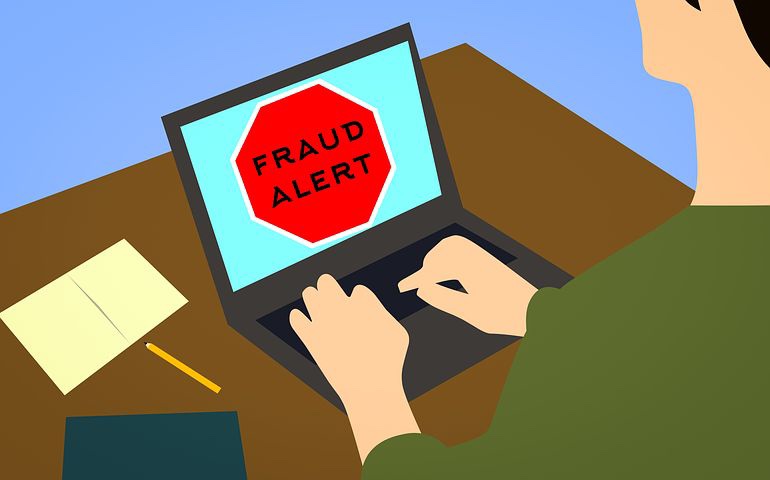
New data from Action Fraud, the national reporting centre for fraud and cyber crime, reveals that 28,049 shoppers were conned out of their money when shopping online over the Christmas period last year – an increase of almost two thirds (61 per cent) when compared to the same period in the previous year.
Ahead of Black Friday and Cyber Monday, Action Fraud is warning the public to take extra care when shopping online as reports of online shopping fraud have continued to surge. Here are some simple tips to help you and your family enjoy a secure online shopping experience this festive season.
Where to shop
Buying from an online store you haven’t used before? Carry out some research first, or ask a friend or family member if they’ve used the site and about their experiences before completing the purchase.
Your information
Only create an account if necessary or to save you effort if you’re going to use that site a lot in the future. Be cautious if the website asks you for details that are not required for your purchase, such as your mother’s maiden name or the name of your primary school.
Payment method
When it’s time to pay for your items, check there’s a ‘closed padlock’ icon in the browser’s address bar. Use a credit card when shopping online, if you have one. Most major credit card providers protect online purchases.
Phishing
Some of the messages you receive about amazing offers may contain links to fake websites. If you’re unsure about a link, don’t use the it – go separately to the website. Report suspicious emails you receive by forwarding them to: report@phishing.gov.uk. Report suspicious text messages by forwarding them to: 7726.
Email accounts:
Make sure that your really important accounts (such as your email account or online shopping accounts) are protected by strong passwords that you don’t use anywhere else.
Need help changing your email account password? You can use these links to find step by step instructions: Gmail, Yahoo! Mail, Outlook, BT, AOL Mail.
If things go wrong
If you’ve lost money to an online shopping scam, tell your bank and report it as a crime to Action Fraud (for England, Wales and Northern Ireland) or Police Scotland (for Scotland). By doing this, you’ll be helping to prevent others becoming victims of cyber crime.
For more of the government’s latest advice on how to stay secure online, visit the Cyber Aware website: https://www.ncsc.gov.uk/cyberaware
